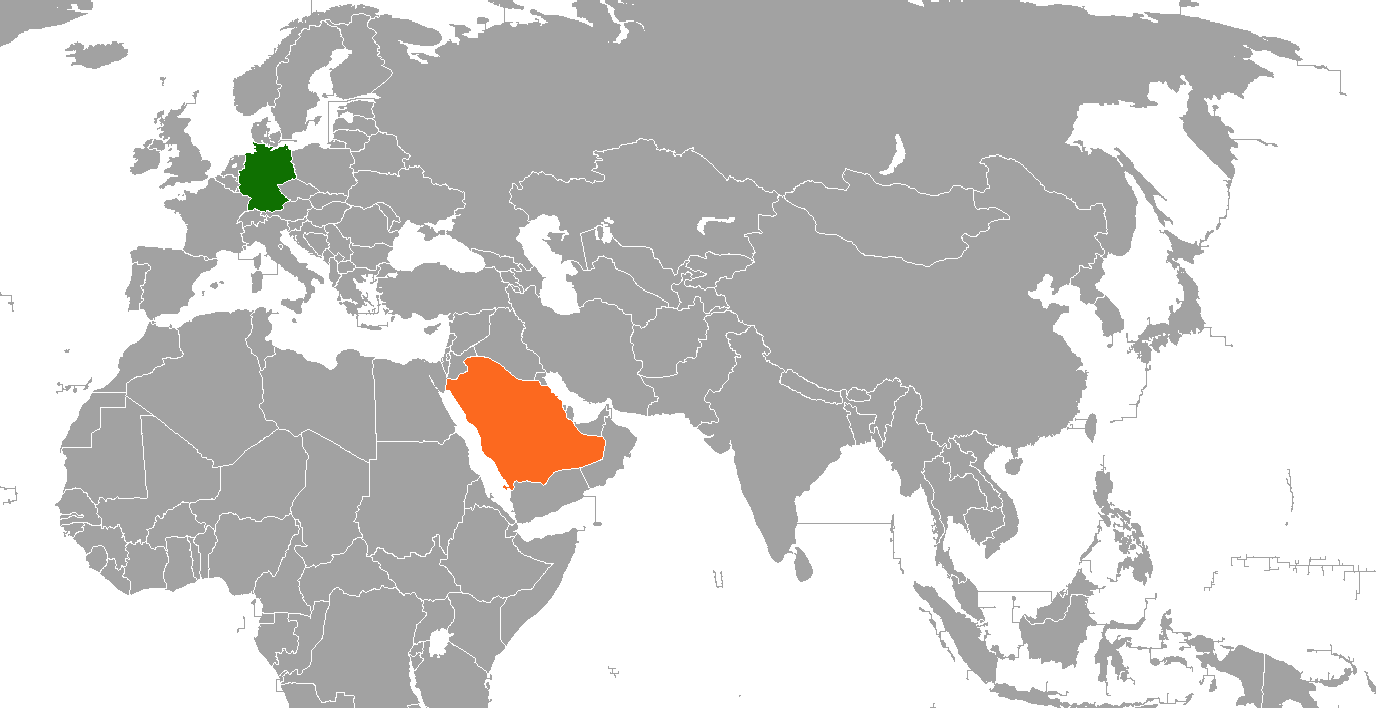
Vision 2030, an extensive reform initiative led by Crown Prince Mohammed bin Salman, is designed to diversify the Saudi economy beyond its reliance on oil. The initiative includes substantial investments in infrastructure, tourism, technology, and other sectors intended to foster economic growth and development. Deutsche Bank's engagement with Vision 2030 signifies a broader trend where international financial institutions are increasingly seeking to integrate into Saudi Arabia's evolving economic landscape.
Al Kishi highlighted that Deutsche Bank’s approach will involve more than traditional financial solutions. By tapping into pools of private capital, the bank aims to offer innovative funding mechanisms tailored to the specific needs of Saudi projects. This strategy not only aligns with the kingdom’s economic diversification goals but also reflects Deutsche Bank’s commitment to becoming a pivotal player in the region's financial ecosystem.
The shift towards private capital is a response to several factors. Firstly, Saudi Arabia's Vision 2030 encompasses large-scale projects requiring substantial investment, which public and conventional funding sources alone may not fully cover. By engaging with private wealth, Deutsche Bank can access a broader array of investment opportunities and provide more flexible financial solutions.
Secondly, private capital offers the advantage of quicker decision-making and customization of financial products, which is crucial for the fast-paced and dynamic environment of large-scale development projects. This flexibility is expected to enhance the bank’s ability to meet the specific needs of Saudi initiatives, whether they involve real estate, infrastructure, or technological advancements.
Deutsche Bank's strategy aligns with the broader trends observed in the financial sector, where institutions are increasingly moving towards private capital and alternative funding sources. The shift is driven by the need for innovation and adaptability in meeting the diverse and evolving demands of global markets. For Saudi Arabia, this approach represents a significant opportunity to attract and utilize global capital to achieve its long-term economic goals.
The kingdom’s Vision 2030 has already seen significant international interest and investment, with numerous global corporations and financial institutions committing resources to various projects. Deutsche Bank’s involvement further solidifies the financial sector’s role in supporting the kingdom’s ambitious plans. The bank’s strategy underscores a growing recognition of the importance of private capital in funding large-scale national initiatives.
In addition to providing funding, Deutsche Bank’s engagement with Saudi Arabia is expected to bring additional benefits such as expertise and global financial networks. This collaboration may facilitate greater knowledge transfer and create opportunities for joint ventures and partnerships between local and international entities. Such synergies could further enhance the effectiveness and reach of Vision 2030 projects.
The emphasis on private wealth also reflects a broader trend in the financial industry towards personalized and specialized investment solutions. As global markets continue to evolve, financial institutions are increasingly focusing on bespoke approaches to meet the diverse needs of their clients and partners. Deutsche Bank’s strategy in Saudi Arabia is a clear example of how this trend is being applied in practice.
Topics
Spotlight
